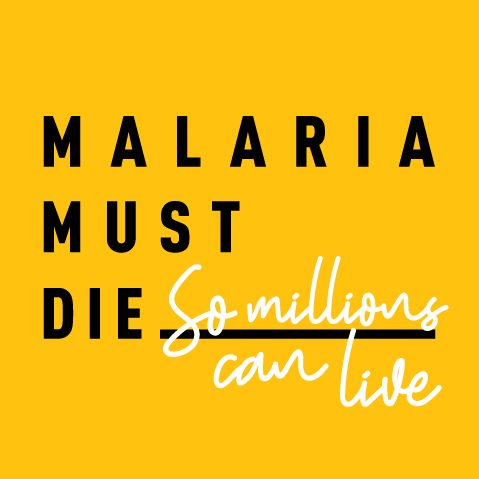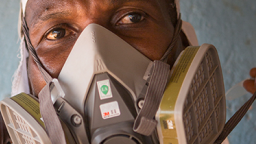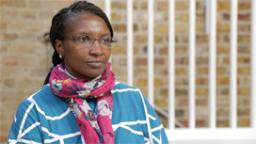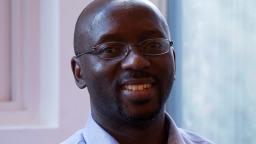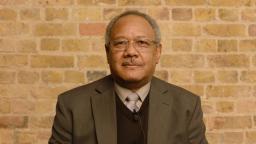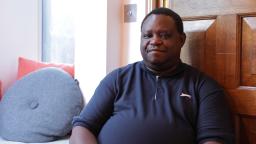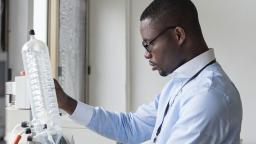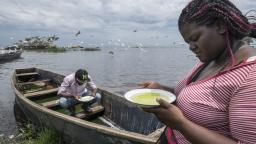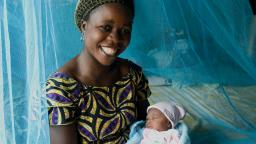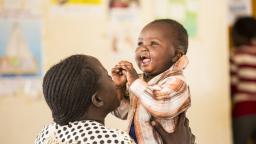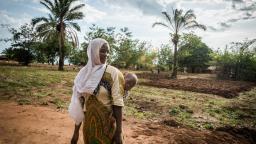Tanzania has taken big steps to fight malaria in recent years, but it’s still an everyday threat in many areas. For mothers like Wabunde, it’s access to simple prevention tools that could mean the difference between life and death.
Wabunde has four children and malaria is a constant threat in her life. She says cases may have decreased according to official figures, but it’s still a huge issue for her family.
Wabunde’s children are often falling sick from malaria, sometimes up to five times a month. Even when she sees the signs, including a fever, vomiting or diarrhoea, there isn’t much she can do. She doesn’t have the money for medication.
A simple way for Wabunde to protect her family would be for all of them to sleep under insecticide-treated bed nets. But for that to be possible, you need to have enough of them.
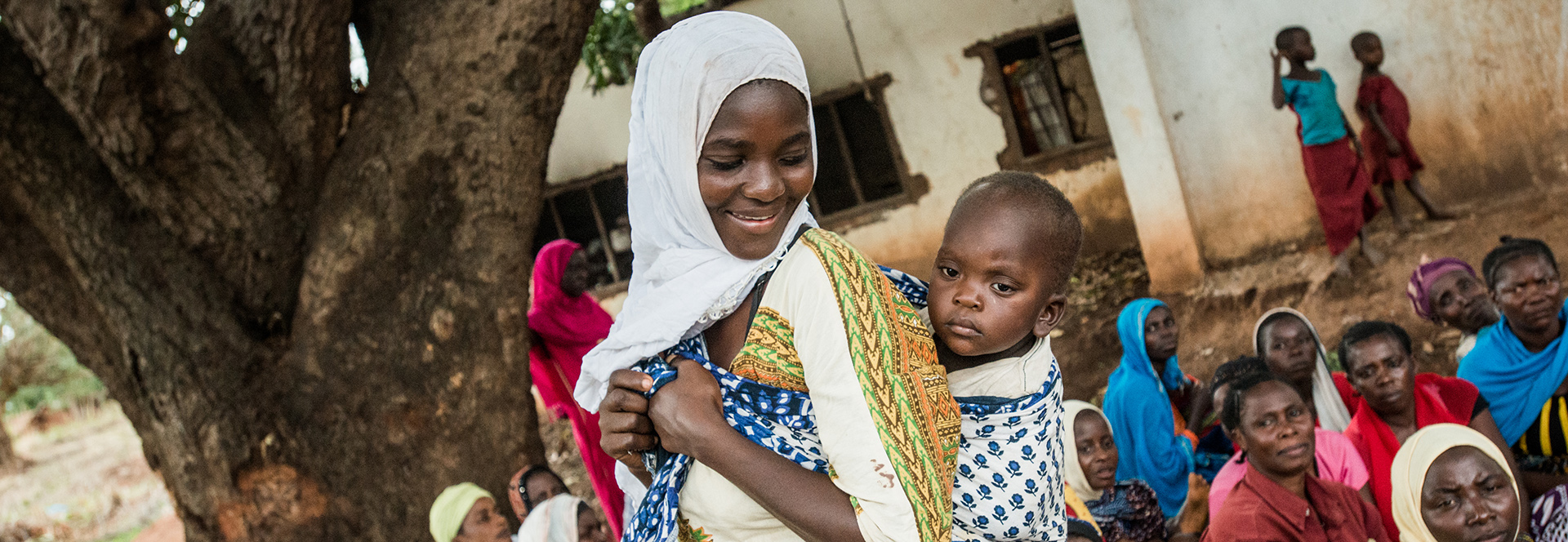
Wabunde’s situation is an example of the challenges faced by many mothers in Tanzania. The average family has only around $20 a year to spend on medicines and health care. In 2011, 90% of Tanzanian households owned at least one insecticide-treated bed net. That number has fallen to 66% in 2016. And only 39% of households have enough nets to cover everyone living there.
I have four children of different generations and can’t put them in one bedroom. And I only have two nets in the household. It’s difficult for me to make sure they all sleep under one net because they don’t fit.
When the children get ill, Wabunde’s first call is often to the traditional healer, who’s easy for her to access. But they can’t help with cases of malaria.
“When the traditional medicine does not work, I then find ways to get money to take my children to the hospital. When we go to the hospital I’m usually told my child has severe malaria which has been complicated because it’s very late, but they still help care for the child so that they get better.”
THE SPREAD OF LIFESAVING MESSAGES
Wabunde’s understanding of how to protect her family against malaria has been improved by the work of the Tanzania Communication and Development Center (TCDC). Through a project funded by the Comic Relief and GSK partnership, the TCDC has been spreading life-saving malaria messages in communities in the Kagera and Kigoma districts of Tanzania, to dispel malaria myths and promote positive care-seeking behaviors.
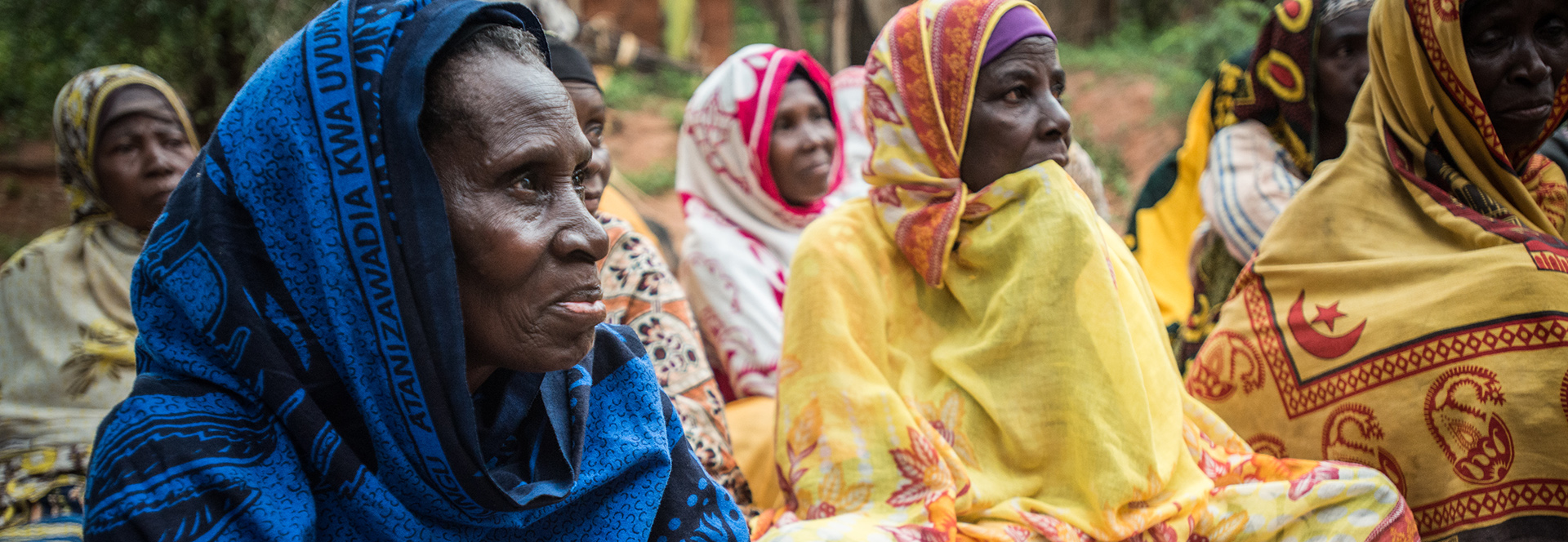
The TCDC trains volunteers, known as community agents, to go into communities and schools and show students, teachers and residents how to protect against malaria. One of these agents is Rashid.
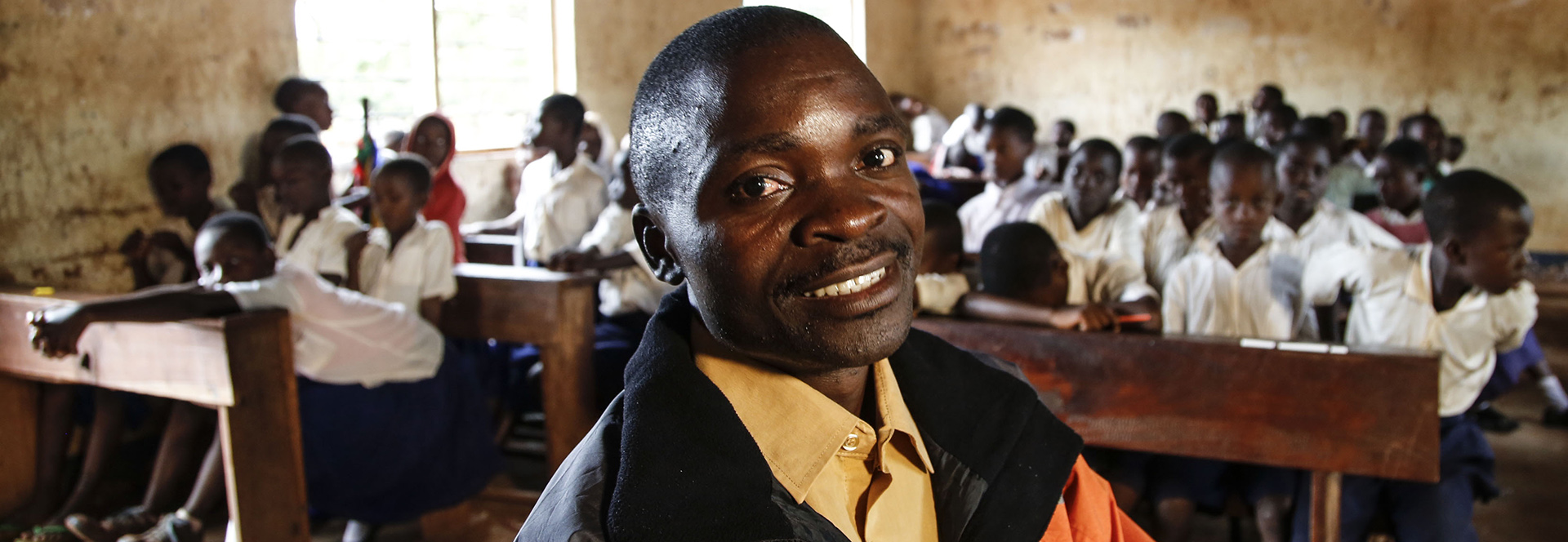
Rashid is a community change agent, who is married with three children aged four, seven and 10. So far, he’s managed to keep his family safe from malaria.
I’m very, very careful to protect my family from malaria because I love them so much.
– Rashid
He understands only too well the risks that families like his face from the disease. He describes what he’s seen with his own eyes: children becoming sick for long periods of time, missing out on their education and, often, dying.
That’s why he volunteers as a community change agent and goes into communities and schools where he talks to residents and students about how to protect themselves from malaria and how to get treatment if they fall sick.
RASHID'S EFFORT TO PROTECT HIS COMMUNITY
“I do this work because I love it so much,” says Rashid. “I love to be near the community.”
As a community change agent he spends time visiting schools and community groups to offer clear advice on prevention and treatment of malaria. It can be as simple as explaining why it is so important to use a mosquito net, clean their local environment and clear away any stagnant water to destroy mosquito-breeding sites.
But he also hopes that the people he speaks to will pass on this message to others, and ensure that accurate, up to date information about malaria prevention is spread far and wide.
I’m doing this from my heart. I’m part of the community. I’m doing this for my community.
Rashid is proud of the changes he’s seen in the communities he talks to. People are sleeping under nets more often and visiting health facilities early for testing when they start to get ill.
He says: “It’s a very important message for me to tell the children so then they know about how to protect themselves from malaria and we can be a generation of people that is very healthy.”
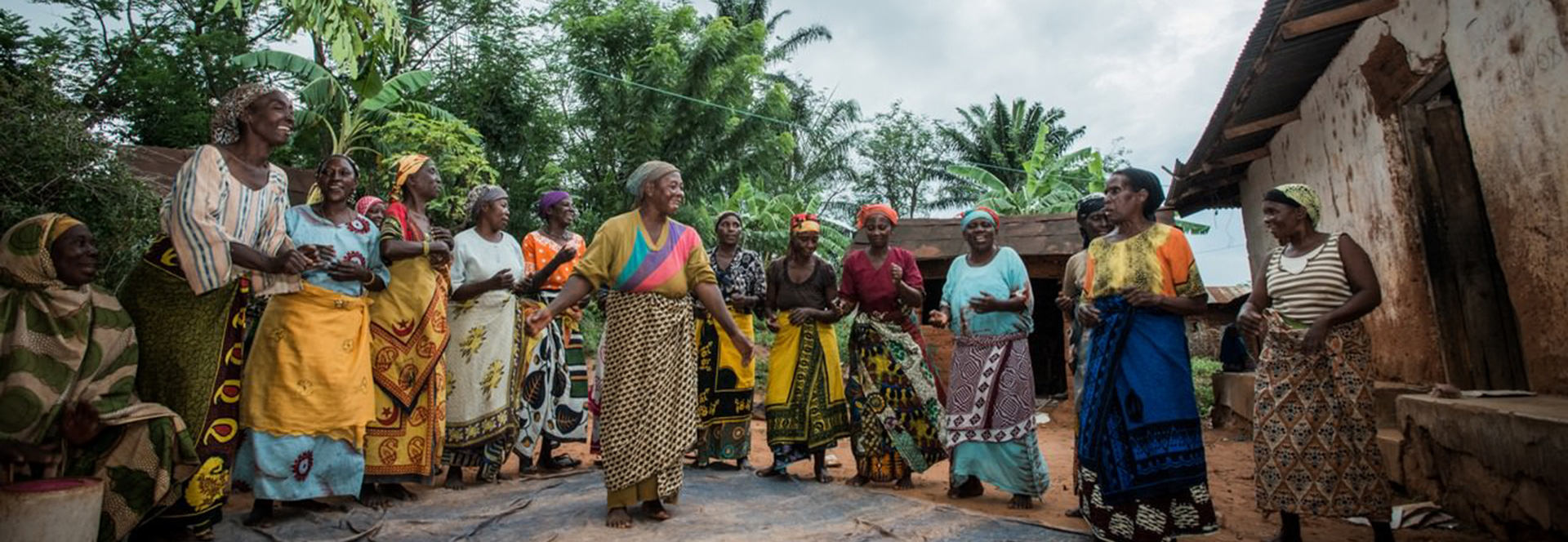
It’s work such as this, delivered by passionate people in their own communities, that has contributed to the enormous progress over recent years in the fight against malaria.
For parents like Wabunde and Rashid, it’s continued commitment and collaboration, locally and globally, that could end malaria’s devastating impact and free communities to thrive.
“I would feel very happy if malaria was not around in my community” says Wabunde. “I would be very happy to be free from malaria.”
Support parents like Rashid and Wabunde. Add your voice to those all around the Commonwealth who say #MALARIAMUSTDIE.
Find out more about the Comic Relief and GSK partnership
